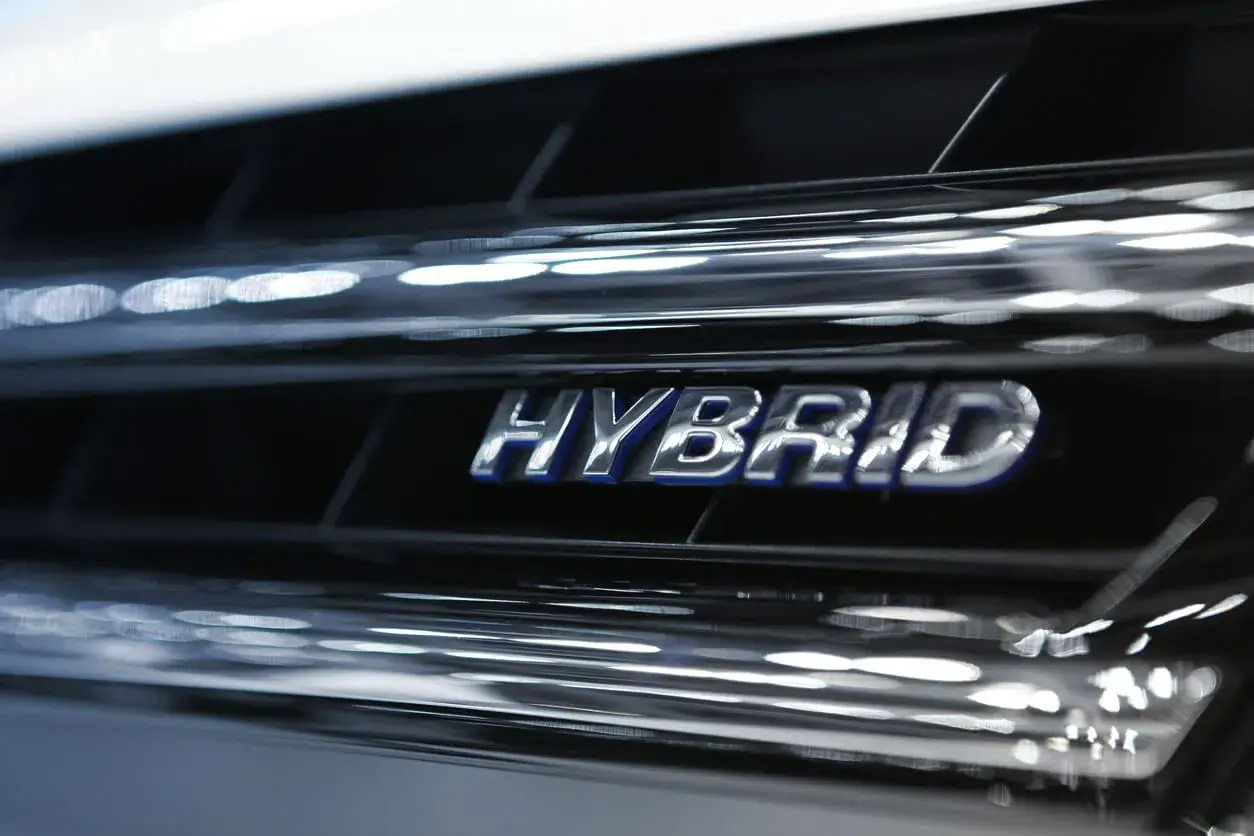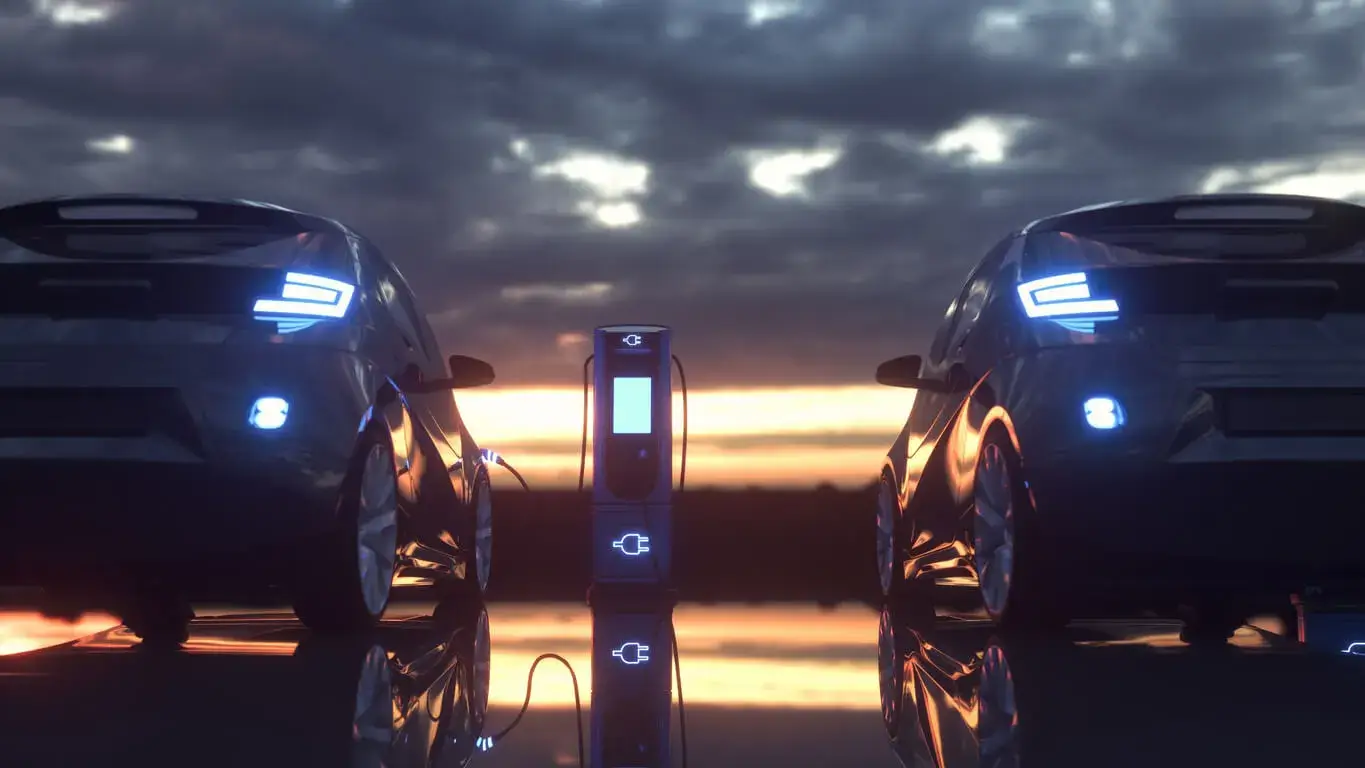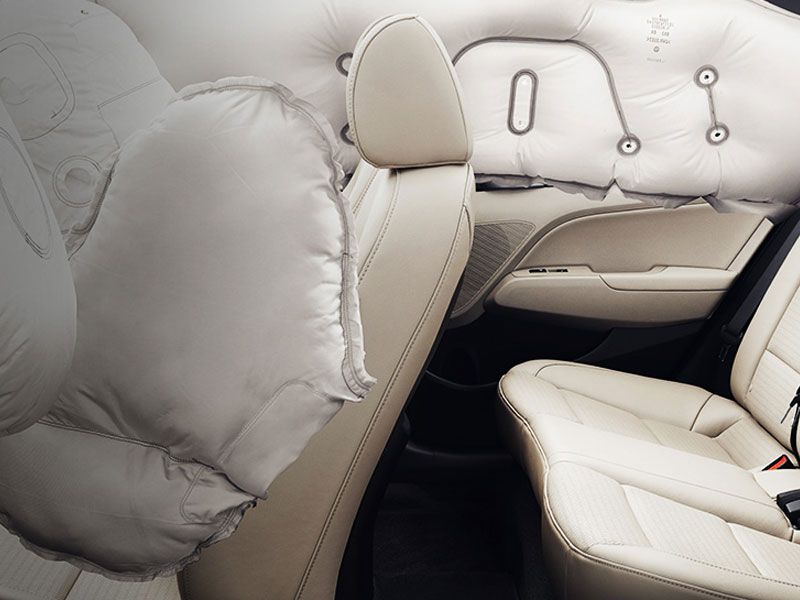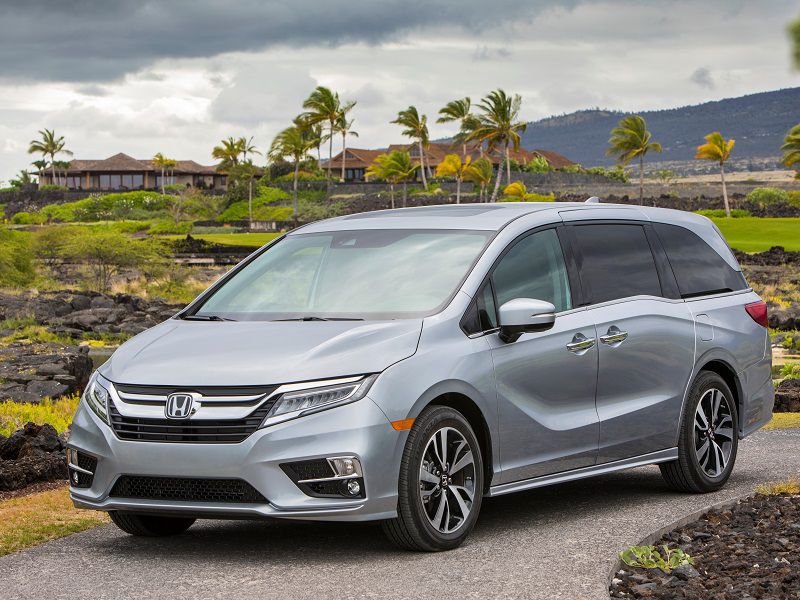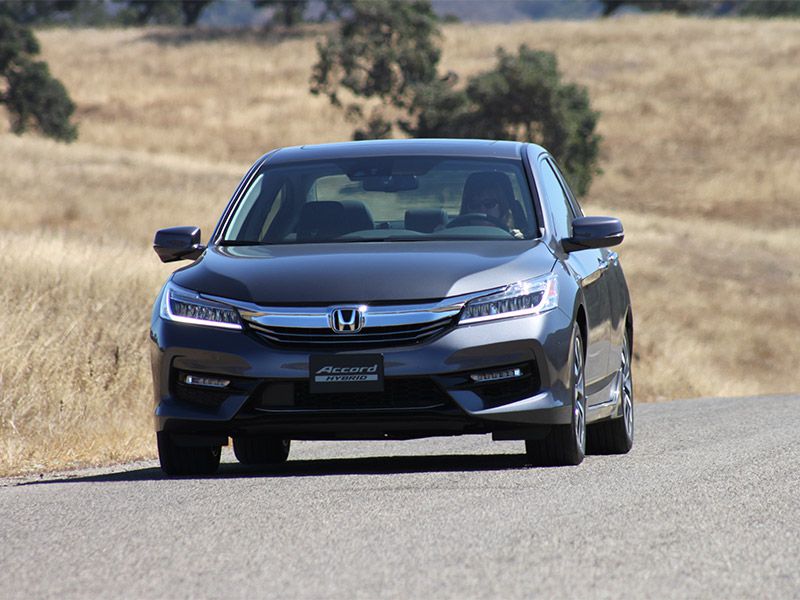Pros and Cons of Buying a Used Hybrid
Pros of Buying A Used Hybrid
Lower Acquisition Cost than New Hybrid

In normal times it would be easy to guarantee car buyers that a used hybrid would be cheaper than buying the equivalent new hybrid vehicle. But as anyone who has tried to purchase a car recently knows, these aren't normal times. In researching this article we discovered that a well-regarded vehicle valuation site indicates the "clean retail price" of a used 2020 Toyota Prius is more than $3,000 higher than the Manufacturer's Suggested Retail Price for a brand-new 2022 Toyota Prius. So purchasing a used hybrid might not be much of an advantage over purchasing new right now. But we have a strong suspicion that most new 2022 Prius models are being sold at a premium over MSRP, so they are likely most costly than a used version. When the market swings back to normal, it is very likely that you can purchase a late-model used hybrid vehicle for 20-30 percent less than the equivalent new hybrid. That is a big gain for essentially the same functionality.
Stellar Fuel Economy

The leading reason to consider a used hybrid vehicle versus a conventional gasoline vehicle is fuel economy. A hybrid will typically offer much better fuel economy than a conventional vehicle. The key reason is that it captures energy from deceleration and braking that is simply wasted in the operation of a conventional vehicle. The 2022 Ford Escape is a good example of that. In conventional form this one-year-old used vehicle offers an EPA-certified combined mileage figure of 30 mpg. In hybrid form, the combined mileage number jumps to 41 mpg. And in plug-in hybrid form (utilizing energy the vehicle takes on from outside electric charging) the combined number is 105 MPGe (miles per gallon equivalent.) This performance is very representation of what you can expect in fuel economy from a used hybrid versus a used conventional vehicle.
Lower Exhaust Emissions, Less CO2

One of the key reasons for the initial rise of hybrid vehicles was the fact that they not only burned less fossil fuel but also that they emitted less noxious exhaust and emitted smaller amounts of carbon dioxide into the atmosphere. Some emissions from vehicle exhaust are poisonous or have other deleterious effects. And carbon dioxide emissions have been theoretically linked to global climate change. Limiting both can only be regarded as a good thing. Hybrids accomplish that essentially by burning less fuel. In this instance less combustion = fewer emissions. Whether or not driving a hybrid will in any way affect the massive forces of global climate change, which has occurred throughout natural history, is another story, one we can’t delve into here.
More Range on a Tankful

When you drive a hybrid you will probably be thankful that you'll get more miles on a tankful. Given the fact that a hybrid version of a vehicle will typically have the same size fuel tank as the conventionally powered version, it only stands to reason that if it gets better fuel economy then it will also have a longer range. A quick illustration of that is the 2020 Honda CR-V. In conventional all-wheel-drive form, the CR-V has an impressive range of 406 miles on its 14.0-gallon tank of gas. That scoots up to an even more impressive 532 miles in the all-wheel-drive hybrid version. This is very typical of hybrids because from a fuel-use point of view they are more efficient than conventional gasoline vehicles.
Potentially Lower Cost To Own

Driving a used hybrid vehicle has the potential to offer you a lower overall cost of ownership. Certainly, fuel costs will be lower with a hybrid than with the conventional version of that same vehicle. The EPA says that the conventionally powered 2020 Honda CR-V that we just discussed has an annual fuel cost of $1,950. Its hybrid sistership has an EPA-estimated annual fuel cost of $1,500. That's a $450 annual savings. There is also the potential that with somewhat less wear and tear on the hybrid's brakes overall maintenance and repair costs will be lower than for a conventional vehicle. On the other hand, it will almost certainly cost more to purchase a used hybrid vehicle versus the equivalent conventional vehicle. And because it costs more to purchase and potentially costs more to repair if it is in an accident, it could cost more to insure as well. So lower cost of ownership is a possible benefit, but it's not a slam-dunk.
Cons of Buying A Used Hybrid
Higher Acquisition Cost than for Equivalent Conventional Vehicle
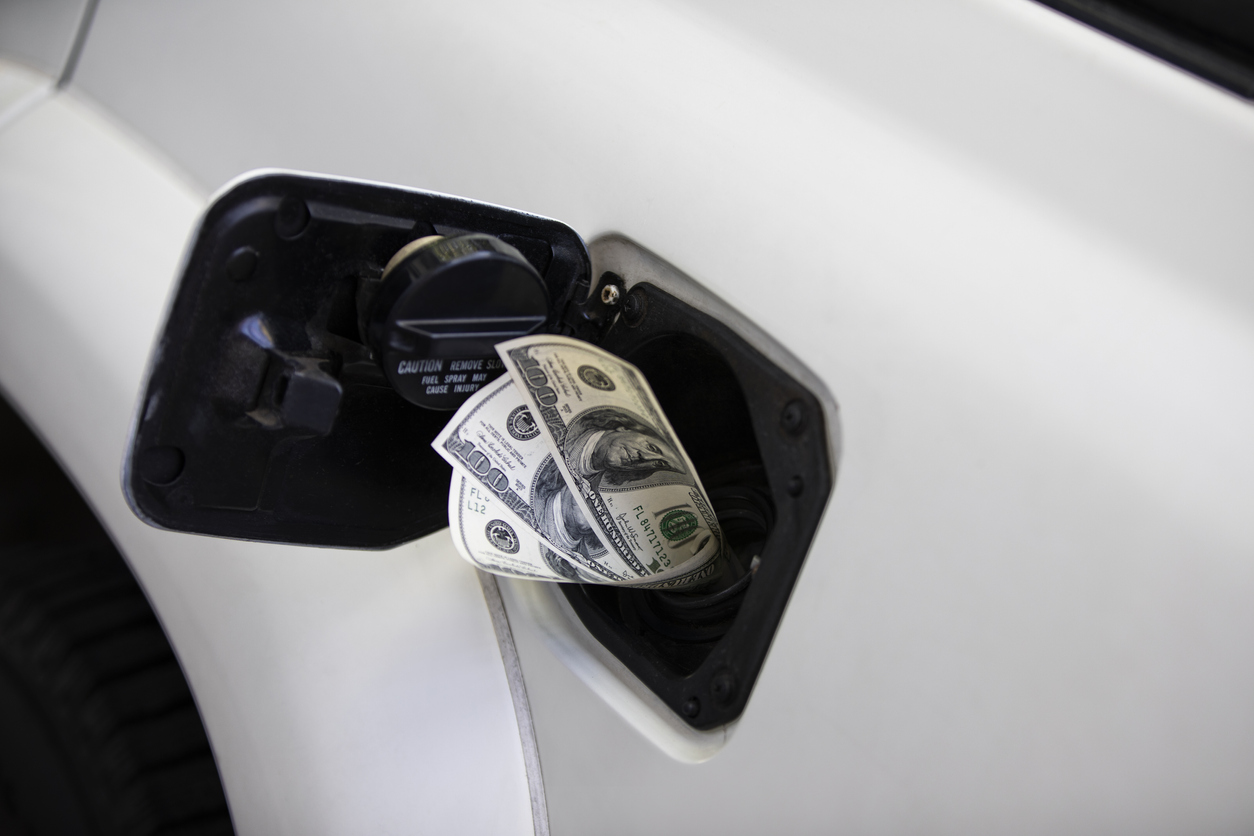
We should have issued a spoiler alert because we just tipped you off to one of the key cons of buying a used hybrid instead of a conventionally powered vehicle of the same type. It will cost you more, and it could cost you much more. Here’s one good example of that. A well-regarded vehicle pricing site says at this writing a used 2020 Toyota Camry LE Hybrid with 25,000 miles on it has a “clean retail price” of $29,975. A used conventionally powered 2020 Camry LE with 25,000 miles on the odometer has a “clean retail price” of $27,075. Math will tell you that’s a $2,900 premium for the hybrid. Since many drivers seem to overemphasize fuel cost savings in their mental calculations, hybrids often command extra dollars that are unjustified by the savings their owners can justifiably expect over a normal ownership period.
Outdated Tech & Features
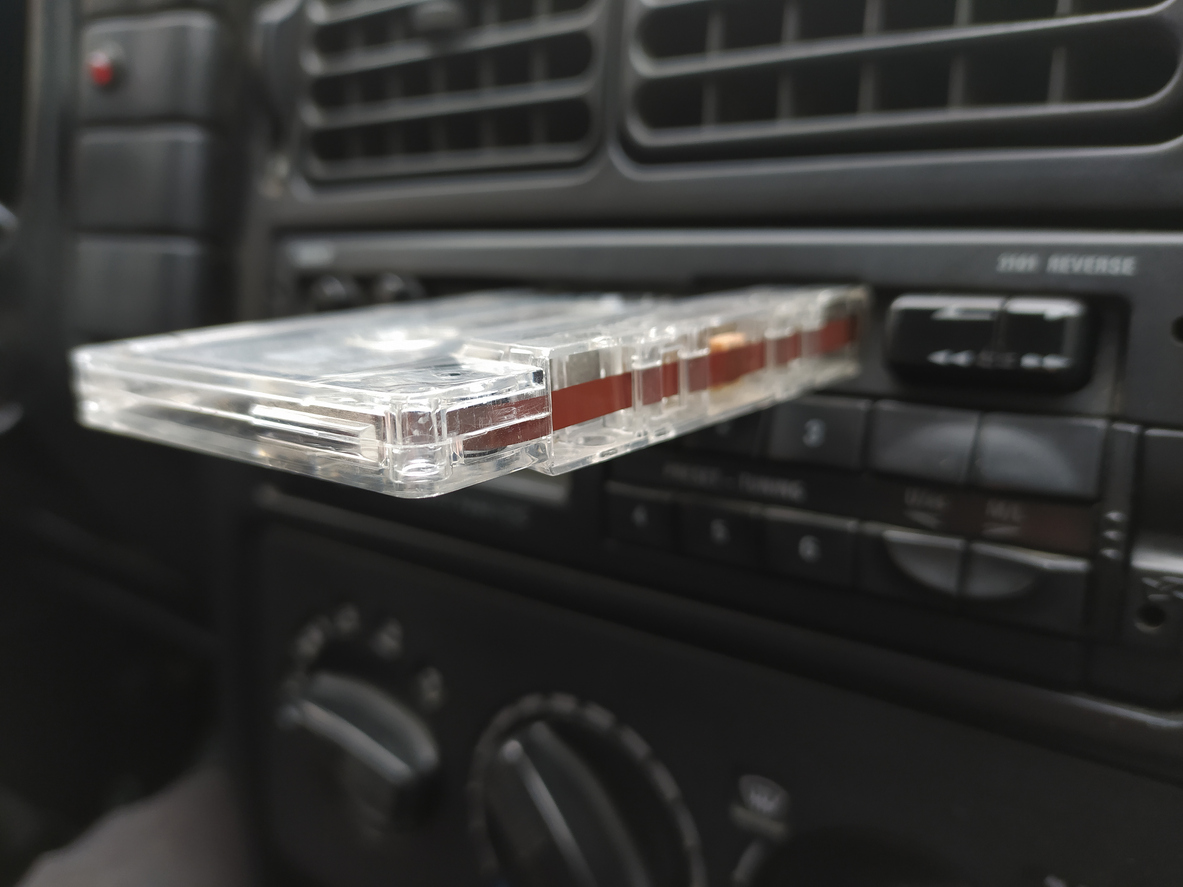
If you buy a used hybrid versus buying a new hybrid you are risking the chance of purchasing a vehicle with old tech and outdated features. Of course, that is the same risk you take when you buy a used conventional vehicle versus a new conventional vehicle. Each year cars get incrementally better. But you can avoid the bulk of this issue by choosing the model year of the used vehicle you plan to buy strategically. Vehicles being manufactured typically have lifespans of five or six years. That means a 2019 model-year vehicle might have virtually the same features and tech as a brand-new 2023 model on the showroom floor. But you have to do your research to suss this out.
Battery Degradation
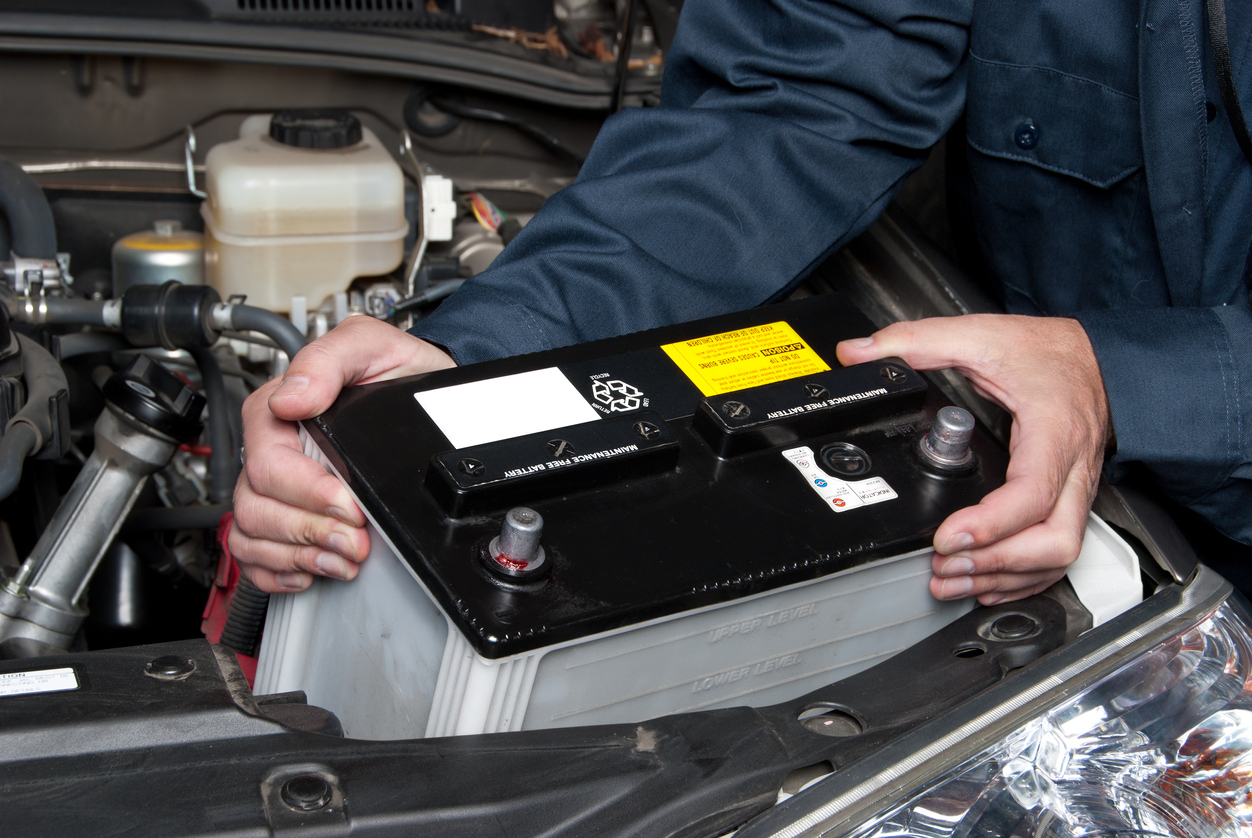
Another con to a used hybrid purchase is battery degradation. Batteries do get less efficient over time. Since the battery is a costly part of a hybrid vehicle, that degradation can be costly. Replacing a battery in a hybrid vehicle will prove to be a big test for your wallet. And you can expect double or triple the pain if you do that in a plug-in hybrid with its larger-capacity, more expensive battery pack. The older the used car the more likely that it has experienced some battery degradation. That is a good reason that we recommend that you purchase a vehicle of the most recent model year that you can afford. For example, a used 2021 would trump a 2020.
More Difficult/More Expensive to Service
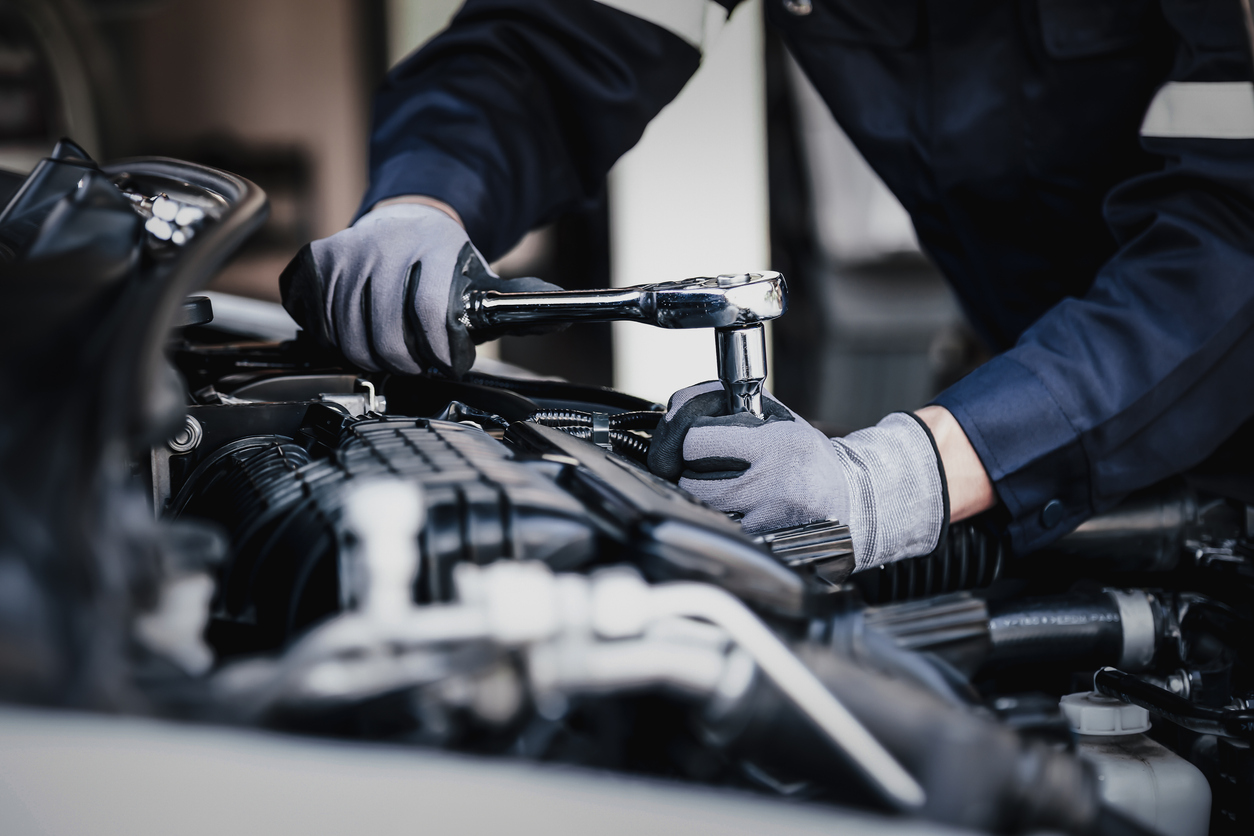
Hybrid vehicles are more expensive than conventional vehicles because they are more complicated to build. Essentially they have two drive motors — the gasoline engine that is in use most of the time and the electric motor or motors that come into play occasionally. While that occasional influx of power from electric motors boosts fuel efficiency, it also necessitates additional complications. A hybrid has more parts that can break than a conventional car. It requires a more skilled technician to work on it. And thus it is likely to cost more to fix, especially in an independent repair shop that is a good choice for used-car owners.
Lack of Warranty Coverage

When you buy a used hybrid — or any used car — you are unlikely to be covered by the same warranty that gives peace of mind to the purchaser of a new car. Some new-car warranties are transferable to the second owner, but most are not. That means a used hybrid owner is running the risk of bearing the cost of an expensive repair out of pocket. The good news on this score is that hybrids, in general, have pretty good reputations for reliability.
